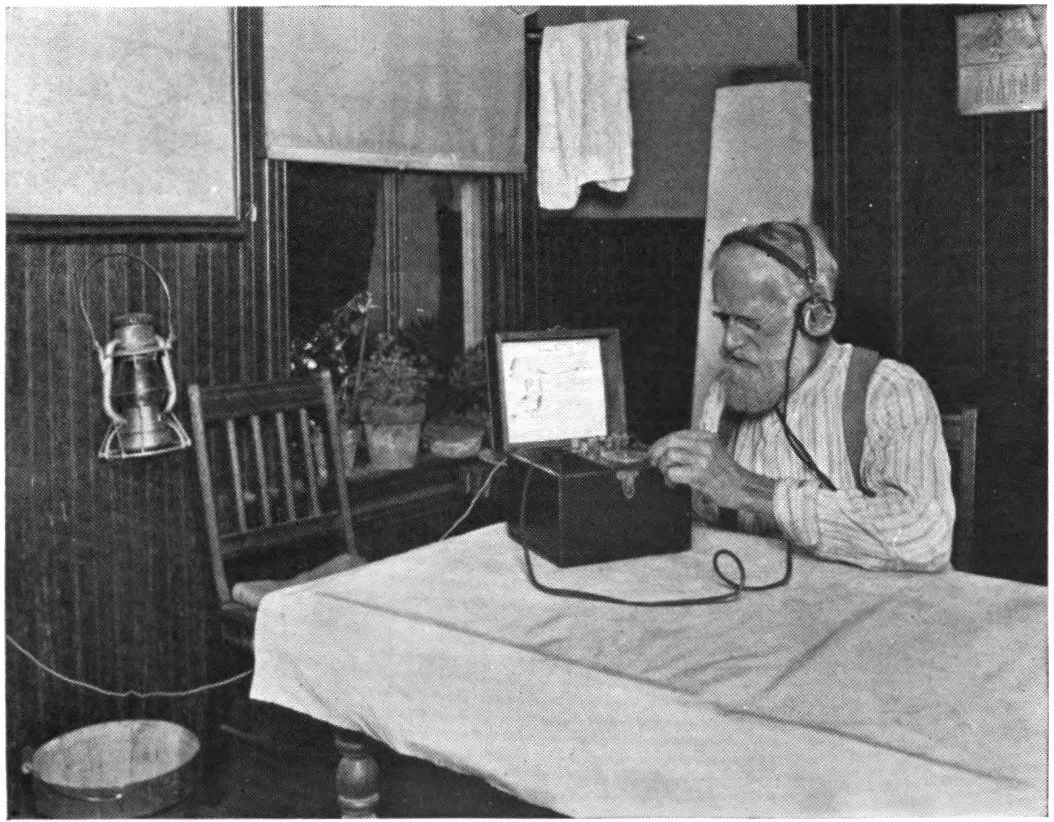Famous Voices: The Star Power Of Audiobooks
Famous Voices: The Star Power Of Audiobooks
Justina Ashman
Audiobooks have been on the rise for several years, precipitated by the digital revolution and the advent of Audible and iTunes. Now people can listen to books while exercising, doing chores, cooking and commuting to work. But while advances in technology push the boundaries of how and where we consume books, there are other trends helping to push this recent audiobook boom. Celebrity narrated audiobooks are cropping up with increasing frequency and it’s not unusual to see names like Kate Winslet, Maggie Gyllenhaal, Tom Hiddleston and Alan Cumming listed as narrators as you browse for your next read. Celebrities seem to be flocking to audiobook narration, and consumers are flocking to listen.
Audio versions of classic texts have always been in demand and many have been brought to life by celebrity narrators – even before the mass digitisation of audiobooks. But in recent years the number of actors reading works of classic literature has grown. Audible’s ownstudio has produced a series of classics performed by celebrity readers, with the likes of Nicole Kidman, Richard Armitage and Scarlett Johansson bringing to life the words of Virginia Woolf, Charles Dickens and Lewis Carroll. Rosamund Pike, who played Jane Bennet in the 2005 film adaption of the book, narrates Jane Austen’s Pride and Prejudice.Stephen Fry has been sitting comfortably in Audible’s best seller list for months, with both his narration of Sherlock Holmes: The Definitive Collection and of J.K. Rowling’s Harry Potter series.
But this is just the tip of the iceberg. We’re seeing whole casts of celebrity narrators performing audiobooks. The audiobook of Carl Sagan’s Cosmos features the voices of big names in science communication, including Ann Druyan and Neil deGrasse Tyson. Earlier this year the audiobook of George Saunders’ novel Lincoln in the Bardo was published by Penguin Random House Audio, featuring a star-studded cast of 166 voices, including Don Cheadle, Julianne Moore, Nick Offerman, Megan Mullally and Saunders himself. ‘I love the way that the variety of contemporary American voices mimics and underscores the feeling I tried to evoke in the book: a sort of American chorale,’ Saunders said in a comment for Time. Certainly Lincoln in the Bardo is the exception rather than the rule, but, with the size of audiobook casts increasing, it seems perhaps that one famous voice is no longer enough.
While you’d think celebrity involvement would be expensive for publishers, in fact the cost is relatively low. ‘It pays nothing,’ said Ana Maria Allessi of Harper Audio in an article for USA Today. ‘Actors really like this work – it’s good for their chops and it’s really good exercise to portray multiple characters and multiple voices.’ Actors aren’t in it for the money – in fact, many do it out of a love of literature and a desire to bring more people to books they feel passionately about. Thandie Newton, in an interview about her narration of Jane Eyre, said: ‘The fact that I – because of the work that I’ve done, the films I’ve been in – the fact that I might maybe tease some people into curiosity about listening to it [and] coming to the book, I’m so grateful for that.’ While it’s always exciting to see people enthusiastic about books and reading, more pragmatically speaking this is great for publishers, who can gain the cultural cachet of attaching a famous personality to a book without having to pay huge advances.
The pull of a big name can be excellent for publicity. In anticipation of the release of Go Set a Watchman by Harper Lee, The Guardian posted the first chapter of the book, accompanied by animated illustrations and a clip of Reese Witherspoon’s narration of the audiobook. Arguably, Go Set a Watchman was always going to be big, but famous narrators can even boost the sales of literarytitles. Simon & Schuster Audio approached Meryl Streep to narrate Colm Tóibín’s novel, The Testament of Mary. ‘We waited to get her, to raise audio awareness to another level, and it was worth it,’ said President and Publisher Chris Lynch in the same USA Today article. ‘She brought attention to the book and the audio [and] we sold more copies of the title.’ Celebrity voices also help boost sales in publishers’ backlists. For example, Lin-Manuel Miranda, creator and star of Broadway sensation Hamilton, narrated Bejamin Alire Sáenz’s young adult novel, Aristotle and Dante Discover the Secrets of the Universe. The success of Miranda and Hamilton has drawn more attention to Saenz’s book, which was originally published in 2012.
Author-narrated audiobooks are also growing in popularity, particularly when that author is also famous. Oprah Winfrey, Amy Poehler, Tina Fey, Clementine Ford, Anh Do – the list of author-narrated titles grows each year. While celebrity memoir is probably the biggest area of growth in self-narration, the trend is not restricted to nonfiction. Neil Gaiman is well known for narrating his own audiobooks and children’s and young adult author Tamora Pierce has narrated many of her own novels. This trend also extends beyond realm of novels, with Irish poet and Nobel Laureate Seamus Heaney narrating his own translation of Beowulf. Many readers believe that the author’s own narration is the truest and most authentic way to experience their work, but not all authors make great readers. Experienced audiobook readers bring expertise to their performances and can often bring words to life in a way the author never expected.
The popularity of audiobooks doesn’t seem to be slowing down any time soon, with readers, publishers, or with celebrity narrators. With the number of people buying and listening to audiobooks growing steadily each year, one can only assume we’ll continue to hear more famous voices bringing works of literature to life for our eager ears.

